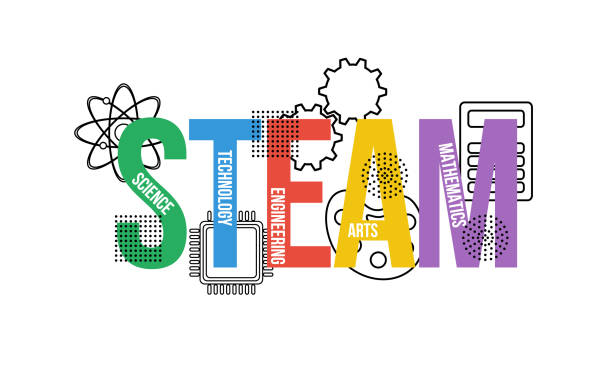
Why Write? How Writing Makes STEM Students Stronger
Posted December 10, 2015, 2:19 pm by
“What are you doing here?” my colleagues asked. We were attending the Colorado STEM Summit, a meeting focused on creating connections between K-12 education and administration, higher education, and STEM-related employers.
Many at my table wondered why a composition instructor would snag an invite, but as we listened to speaker after speaker highlight the necessity of good communication skills for STEM students, the answer was clear.
Writing is linked to problem-solving
“Students must learn to communicate,” Thomas Cycyota, president and CEO of Allosource, a biotech company, said.
Many STEM students will enter businesses that are built on collaboration and exploration, and they will need to be prepared. As Judy Willis writes in her article, “Why Writing is Crucial to Stem,” students able to communicate through writing see problem-solving in a variety of ways by a variety of people.
This experience encourages them to engage in the open-mindedness required for problem-solving in the sciences. As this will be expected of these students when they enter higher education or the job market, it is key to introduce writing early and develop it.
Good writing in STEM reflects the scientific method
Of course while Cycyota is correct, the importance of ensuring STEM students are good writers is not just about having the ability to communicate. Robert and Michele Root-Bernstein's article “Turning STEM into STEAM” points out that the key skills required of writers are the same skills required of scientists:
- Inquiry
- Abstraction
- Modeling
- Synthesis
- Analysis
- Problem-solving
- The ability to express results.
Good writing reflects the scientific method and, in STEM careers, methodology and practice is best communicated through clear and precise writing. The artificial borders between the disciplines can and should be removed to ensure that STEM students will fully communicate their developments and discoveries.
Communication = investment
More importantly, good writing allows STEM students and businesses to communicate their best scientific ideas in ways that are engaging, exciting, and accessible. This can and will allow for better communicating scientific discoveries and principles with the general public.
As quantum physicist and “Ant-Man” science consultant Spyridon Michalakis said, “The people that are changing the world and having fun while doing it are the ones that recognize what an incredible asset the creative arts are to humanizing and disseminating science.”
In a time when scientists are fighting for funding of their research and where those who move into the private sector must be able to communicate their research purpose to sway investors, this empathetic communication is a necessary skill for all STEM students.
Go forth and write
For parents, students, and educators, this means that our focus should be on combining scientific instruction and practice with communication through writing. One of the best ways to do this is with authentic writing assignments and real-world communication exercises.
Whether it’s through Amazon reviews, online message boards, or even pen pals, STEM students can learn to ask questions, explore potential answers, and communicate ideas to each other through writing.
In turn, the regular practice of writing will allow them to develop their own unique writing voice which, combined with their excitement for STEM, will profoundly affect their performance as STEM professionals.
Blog Categories
- Career Advice
- College Admissions
- Colleges & Universities
- Financial Aid and Scholarships
- For Counselors
- For Parents
- For Students
- Gap Years
- Mental Health and Wellness
- Online Learning
- Performing and Visual Arts
- STEM Majors and More
- Summer Programs
- Teen Volunteering
- Trade & Vocational Schools
- Tutoring & Test Prep

Organization with listings on TeenLife? Login here
Register for Free
We’re here to help you find your best-fit teen-centered academic and enrichment opportunities.
Forgot Password
"*" indicates required fields








